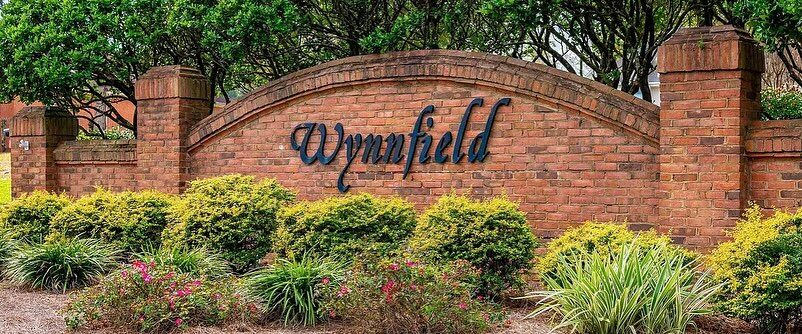Many residents in the Wynnfield subdivision have raised questions about how the officers and directors of the Homeowners Association (HOA) are elected. It’s an important topic, as the leadership of the HOA wields significant influence over the neighborhood’s management, rules, and overall quality of life. However, unlike most HOAs, the election process in Wynnfield is structured in a way that significantly limits homeowner participation in choosing their leaders. This unconventional system has led to frustration and concerns about transparency, fairness, and accountability.
In Wynnfield, homeowners do not have the ability to directly elect officers such as the president, vice president, secretary, or treasurer. Instead, there is an annual membership meeting where residents are allowed to vote only for members of the HOA board. Once elected, the board members themselves decide who will serve in officer positions. This process creates a closed loop, as the board essentially selects its own leadership without any input from the broader community.
This peculiar governance structure has led to what many residents describe as a “circle of power.” The same small group of individuals has retained control over the HOA for years, rotating leadership positions among themselves. As a result, homeowners who might want to run for a leadership role—such as president or treasurer—are effectively barred from doing so, as there is no mechanism for direct election by the residents. This lack of direct democracy in the HOA has created a sense of disenfranchisement among homeowners, who feel that their voices are being systematically excluded from decisions that directly affect their lives and properties.
For instance, it has been reported that the current HOA secretary has held the same position for at least 15 years. This long tenure, combined with the inability of new voices to enter the leadership ranks, has fostered a perception of stagnation and exclusivity within the HOA. Many residents have expressed concerns that this concentration of power has enabled a small group of individuals to steer the HOA according to their own interests, rather than those of the community as a whole.
Critics argue that this system not only discourages fresh ideas and perspectives but also undermines trust in the HOA. With leadership insulated from accountability to the general membership, decisions are often made without sufficient transparency or input from the broader community. Residents have called for changes to the election process, advocating for direct voting rights that would allow homeowners to elect officers directly, rather than leaving these critical decisions in the hands of a select few.
The current governance model raises broader questions about the balance of power in community associations and the importance of democratic processes in fostering trust and collaboration. For Wynnfield homeowners, reforming the election process is seen as a key step toward creating a more inclusive and responsive HOA—one that truly represents the interests and needs of the entire community, rather than perpetuating a cycle of concentrated control. Until such reforms are made, many residents feel that their ability to shape the future of their neighborhood remains out of reach.
